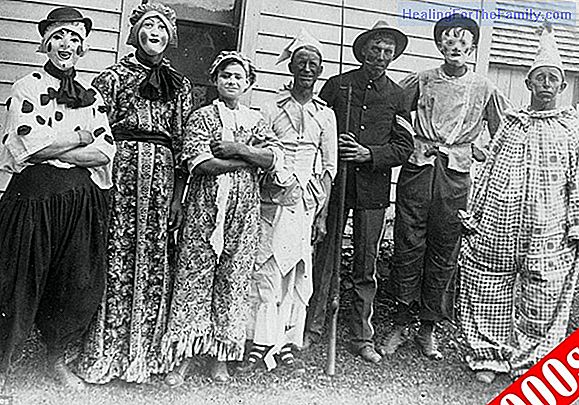How to teach children to learn
Children are curious by nature, so in the children's stage they only ask the why of all things and show so much interest in learning and exploring the world around them , and in us, you know how to take advantage of that curiosity and motivate them to learn. As we already know, in this infantile sta
Children are curious by nature, so in the children's stage they only ask the why of all things and show so much interest in learning and exploring the world around them , and in us, you know how to take advantage of that curiosity and motivate them to learn.
As we already know, in this infantile stage, games occupy a very important place and, through them, children learn and acquire knowledge in a natural way. When the child plays he is happy, he is involved physically and emotionally and that makes him learn without effort and in an enjoyable way.
Learning in childhood

- Language is the tool with which we express what we have learned. We should talk to children with simple, short and direct sentences and it is important to help them think before acting. It is necessary to start from a concrete idea and expand the knowledge little by little. It is not about learning something from memory, but about using it so that knowledge can take hold over time, because in all learning it is present. Ense - Teaching children to learn is
teaching them, among other things, to be responsible , and to make responsible children, we adults must act responsibly in front of them, because they imitate us in both good and bad, and that, it is essential to start indoors and continue in the classroom.- Children should
learn to be aware of their emotions and be able to recognize the emotions of others, (empathy) and for all this, it is important to teach and stimulate them from very early ages. Se - Children should be taught to learn to be autonomous, tolerant of the opinions and actions of others a, to be critical, cooperative, supportive, imaginative, to be able to find solutions and evaluate the answers, in short, to be free, to assert their rights (empowerment of self-esteem) and fulfill their obligations.
- It is fundamental to make children share and collaborate with each other, and so that they can learn, for example, we can do exercises in which all the information is not provided so that they look for strategies to find solutions, but doing that each one is the protagonist of their learning.
To finish I leave you a phrase of Lucio Anneo Séneca:"What is never fully learned is completely forgotten"












